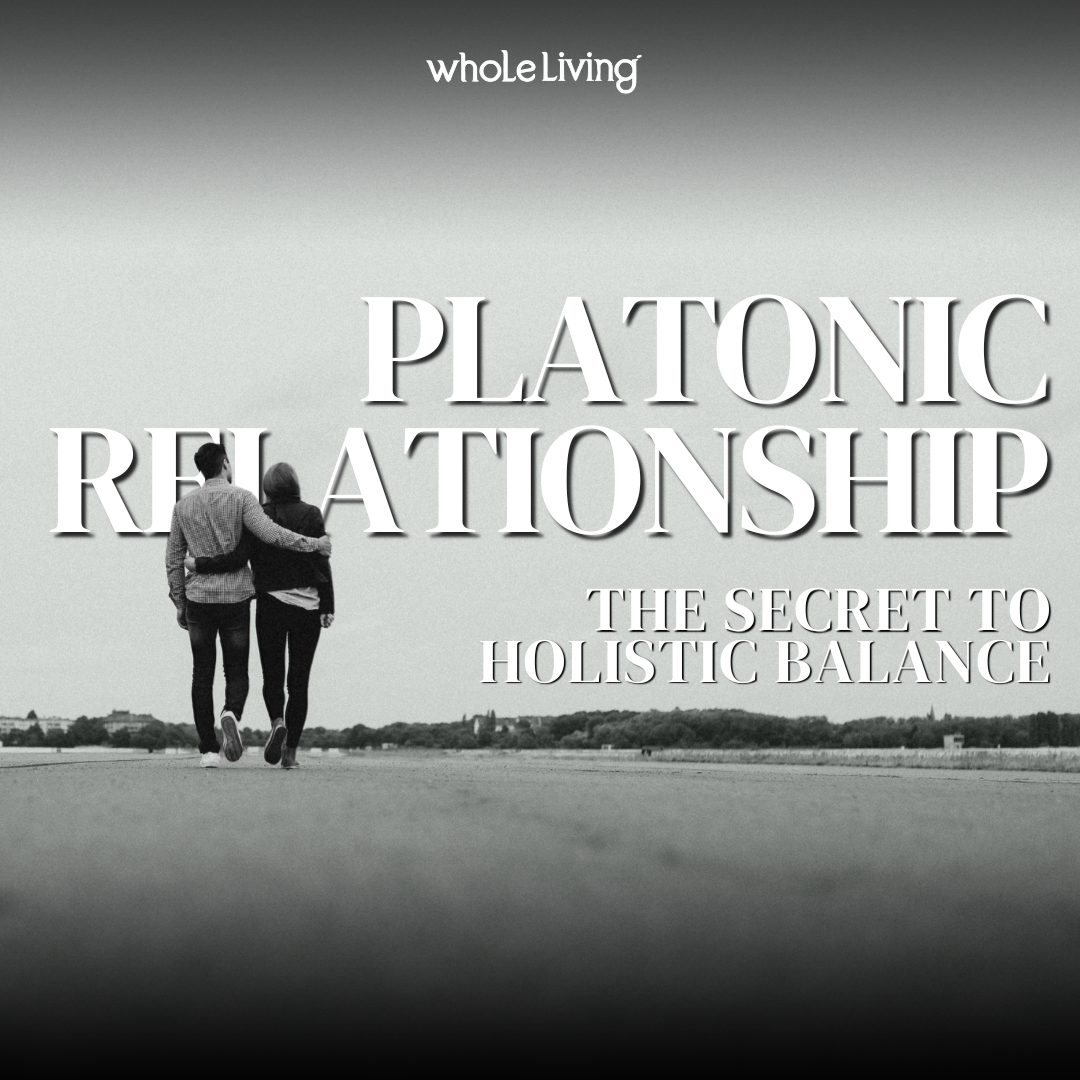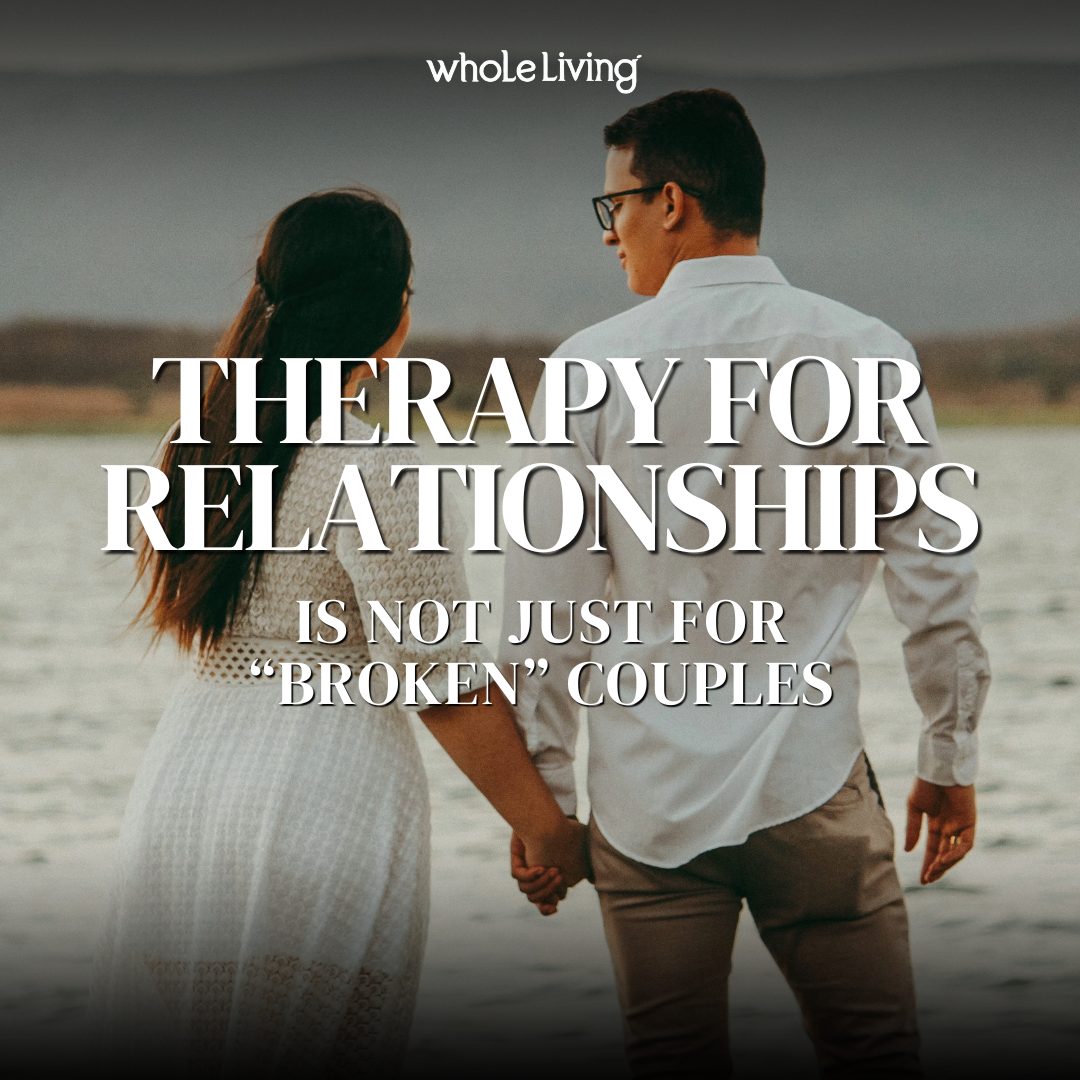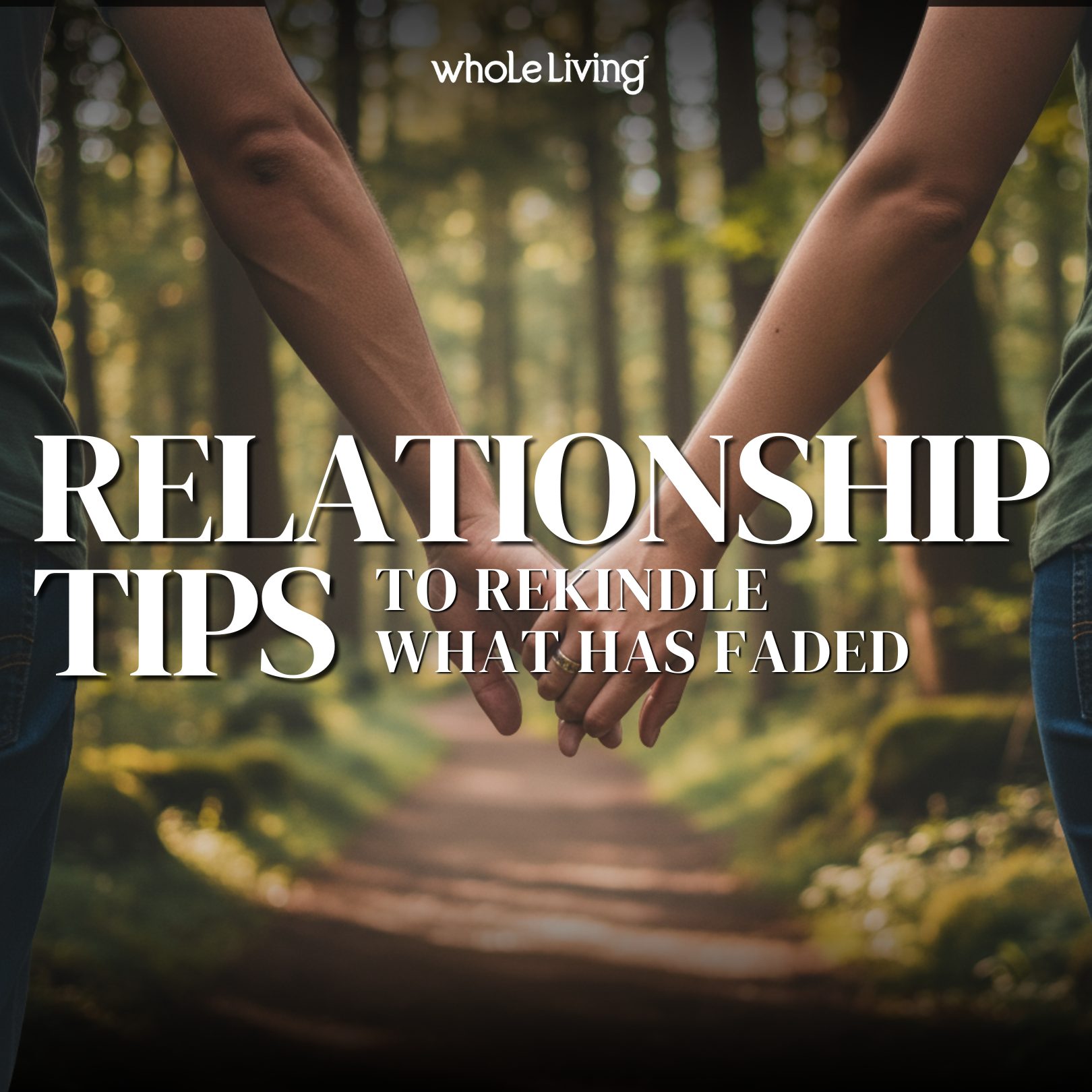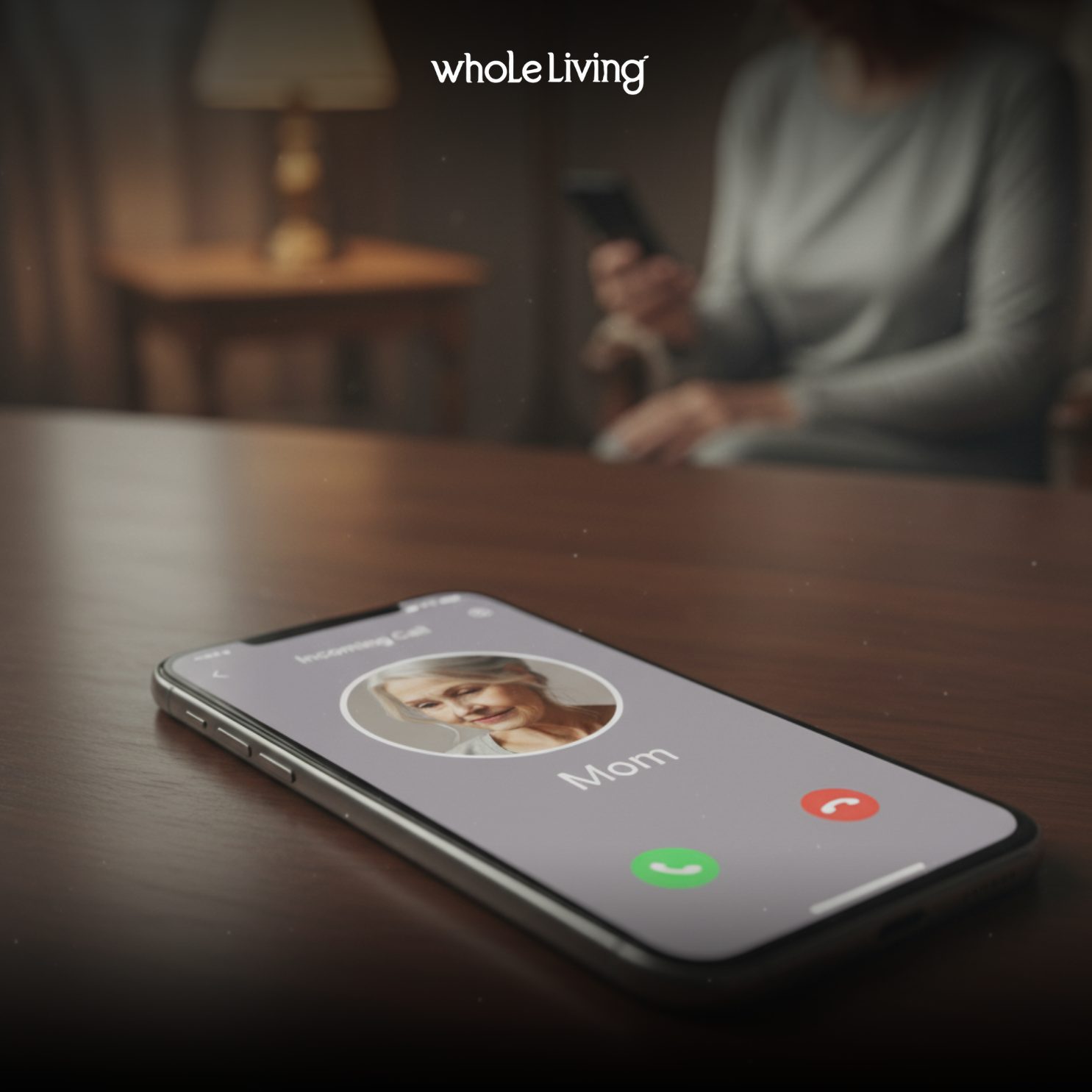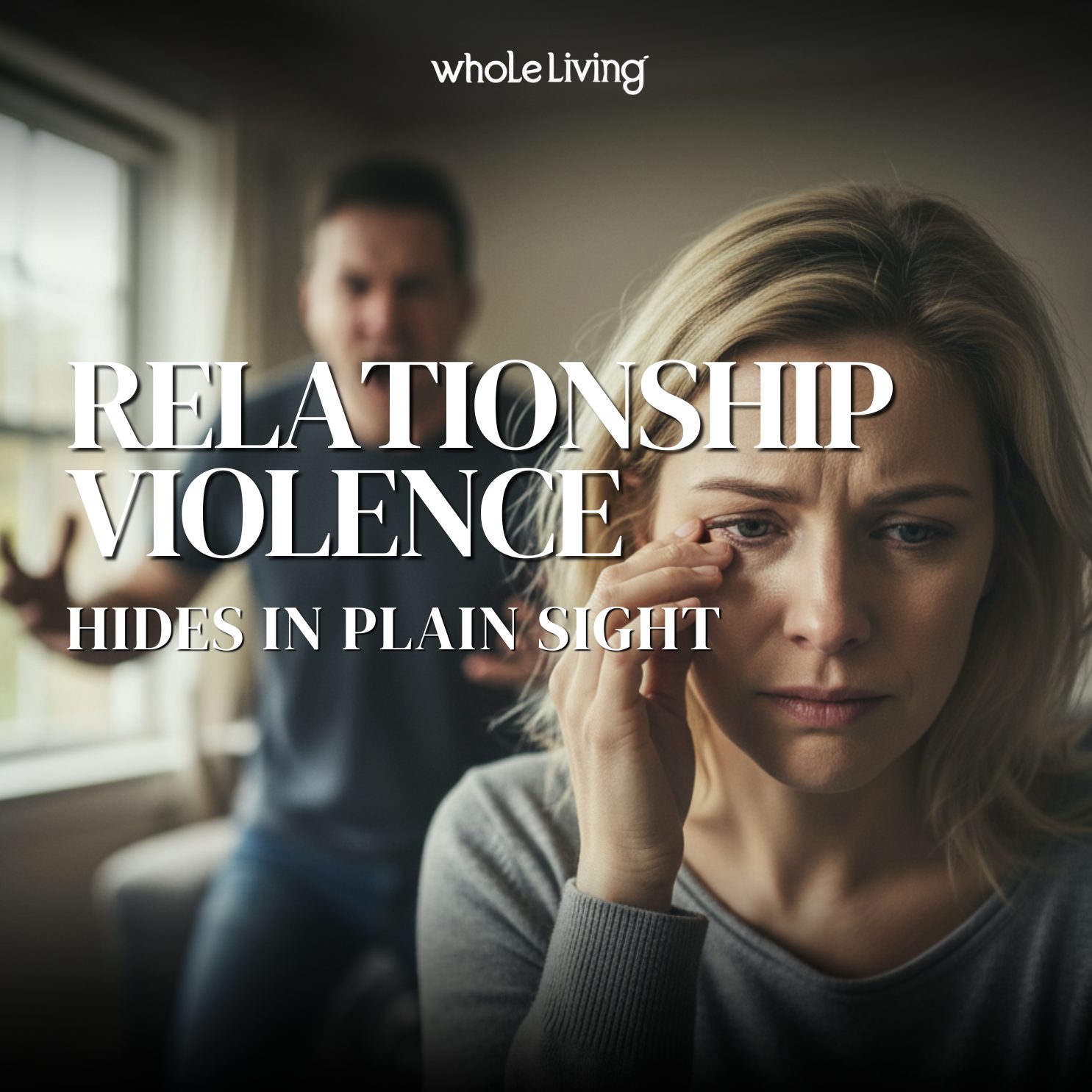In This Article
Let’s start here: being afraid of intimacy doesn’t make you weak. It means something inside you is trying to protect itself, often without you even realizing it. This fear of intimacy can show up in both subtle and obvious ways. You might crave connection but pull away when it starts to feel too real. Or you might find yourself stuck in surface-level relationships, never quite reaching emotional closeness.
Fear of intimacy often stems from past experiences that made vulnerability feel unsafe. You may have had childhood relationships where trust was broken or where expressing your feelings wasn’t welcomed. Sometimes, it comes from deeper pain, like childhood sexual abuse or other early traumas. These memories don’t just disappear; they shape how you relate to others in adult relationships. If any of this feels familiar, know that you're not alone.
You might struggle to build meaningful relationships even when a part of you deeply wants one. This inner conflict is painful and confusing. It can lead to avoidance anxiety, where getting close triggers fear rather than comfort. That can cause intimacy issues to show up in romantic relationships, friendships, or even with family. But this doesn't mean you’re broken. It means you deserve understanding and gentle support.
This fear can also look like emotional numbness or pushing people away before they get too close. You might end relationships when things feel too intimate. Or you might feel uncomfortable with physical touch, even with loved ones. These are all signs of intimacy avoidance. They don’t define you. They simply signal a place where healing can begin.
The Many Faces of Fear: Emotional, Physical, and Sexual

Fear of intimacy isn’t one-size-fits-all. It can take many different forms, depending on your life story. Some people fear emotional intimacy and avoid sharing their innermost feelings. Others struggle with physical intimacy, finding it hard to relax into touch or closeness. And for some, sexual intimacy becomes deeply triggering due to past traumas like sexual abuse. Here’s a closer look at the three main types of intimacy:
- Emotional intimacy. This involves feeling safe to share your thoughts, feelings, fears, and dreams with someone. If you fear emotional intimacy, you might keep conversations surface-level or avoid talking about anything deeply personal. You may worry about being judged, rejected, or misunderstood. This fear can prevent you from forming emotionally close bonds, even in relationships that feel secure. It’s common in people with low self-esteem or unresolved past experiences.
- Physical intimacy. This includes non-sexual touch like hugs, holding hands, or simply sitting close to someone. If this kind of closeness makes you feel uncomfortable, it could be a sign of intimacy fear rooted in early trauma or enmeshed family dynamics. You may flinch or pull away from physical contact without fully understanding why. Your body might associate touch with danger, even if your mind knows it’s safe. It’s a protective response, not a failure.
- Sexual intimacy. This is the most vulnerable form of closeness for many people. It can be especially difficult for those who’ve experienced sexual abuse or childhood sexual trauma. Fear in this area might look like avoiding sex, dissociating during the act, or feeling unsafe even with a loving partner. These responses are deeply human and often misunderstood. Healing in this area takes time, patience, and compassion.
In romantic relationships, you might hold back from saying what you truly feel. This fear might be connected to early experiences where vulnerability led to rejection or shame. Or perhaps physical contact now feels risky, even though it’s something you want to enjoy. These reactions are valid responses to past pain. You’re not overreacting; your body and mind are doing their best to keep you safe.
Where It Begins: Childhood Experiences That Shape Us

Many intimacy issues begin quietly, shaped by our early relationships and environments. Maybe you grew up in an enmeshed family where boundaries didn’t exist. Or perhaps emotional needs weren’t met consistently, leaving you unsure of how to trust others. These childhood experiences can lay the foundation for how you show up in adult relationships. They help explain why you might fear intimacy today.
If you witnessed unstable or overly critical parenting, it may have taught you that closeness is unpredictable. In homes where love was conditional or chaotic, emotional connection might have felt unsafe. This often leads to attachment issues that follow you into romantic relationships. Even social and personal relationships might feel overwhelming or hard to maintain. Your nervous system may still be responding to the fears it learned long ago.
For others, sexual abuse during youth or adolescence can leave deep emotional scars. Childhood sexual abuse doesn’t just affect your body; it reshapes your entire sense of safety and self-worth. Later in life, this can lead to fear of intimacy, physical intimacy, and sexual anxiety. You might not remember everything clearly, but your body holds those stories. Healing begins with acknowledging them gently.
These early wounds can make you more likely to fear rejection or abandonment. This can cause you to test your partner’s fear levels or pull away before someone can leave you first. Over time, these protective patterns become a way of life. But they can be unlearned with support, self-awareness, and the right coping strategies. You don’t have to stay stuck.
READ ALSO: Healthy Partnership Rituals To Keep Love Fresh
Intimacy Avoidance Isn’t Weakness — It’s Protection

Let’s shift the lens a little. What if your intimacy avoidance isn’t something to fix, but something to understand? So often, we judge ourselves for pulling back or for not feeling ready to open up. But intimacy fear often acts like armor. It forms to protect your heart from past hurts that haven’t yet healed.
If you've experienced childhood trauma, abandonment, or betrayal, your nervous system may have decided closeness equals danger. That doesn’t mean you don’t want love. It means your body is wired to survive, even if that means pushing away potential connection. This fear of intimacy can show up in moments where things are actually going well. That’s when the fear of losing it feels the strongest.
Being afraid of intimacy doesn’t mean you don’t care. It means you care deeply, maybe too deeply, and that scares you. You might fear emotional closeness because it brings up old pain. Or you might feel like you need to perform, prove yourself, or earn love to keep it. These are heavy beliefs to carry. You deserve to lay them down, slowly and safely.
There is real strength in recognizing your fear and choosing to be curious about it. Avoidance isn’t a flaw. It’s a signal that something inside you needs comfort and care. With the right support, you can start building intimacy in a way that feels safe and grounded. You get to rewrite your story at your own pace.
Common Signs You Might Be Struggling With Intimacy Issues

You might wonder if what you're feeling is really a fear of intimacy. The signs aren’t always obvious, and they can show up differently for everyone. Sometimes, what looks like disinterest or detachment is actually self-protection. Many people experience fear, even in loving or stable relationships. And if any of the following sound familiar, you’re not alone — they’re more common than you think. Here are some common signs of intimacy fear:
- Ending relationships when they start to feel deep. You might cut things off just as a connection is beginning to grow. It can feel safer to leave first before someone has the chance to hurt you.
- Staying in relationships but emotionally checking out. You’re physically present, but emotionally distant. You avoid meaningful conversations or sharing your true feelings.
- Avoiding emotional vulnerability. The idea of being truly seen may feel terrifying. You might fear rejection or judgment if someone gets too close.
- Pulling away from a romantic partner. This can include avoiding eye contact, dodging intimacy, or finding reasons to spend less time together.
- Feeling uncomfortable with physical contact. Even if you crave closeness, hugs or gentle touch may feel tense or overwhelming. This can be linked to past traumas or unresolved emotions.
- Struggling to trust others — even loved ones. You might be guarded or assume people will eventually leave. That protective wall can block emotional connection.
- Low self-esteem and negative thoughts about relationships. Believing you’re unlovable or expecting a relationship to fail before it even begins are both signs that fear is in control.
These signs don’t mean you’re broken. They simply reflect places where your past may be affecting your present. Intimacy issues are often rooted in childhood experiences, anxiety disorders, or other mental health conditions. But with support, understanding, and care, these patterns can shift. You can create space for connection, one step at a time.
READ ALSO: Relationship Violence Hides in Plain Sight
How Fear of Intimacy Affects Romantic Relationships

Fear of intimacy can be especially painful in romantic relationships. You may deeply care about your partner, yet find yourself pulling away or shutting down. This fear often creates emotional walls that make closeness feel risky instead of comforting. Even when love is present, fear can whisper that it’s safer to stay guarded. You might feel like your partner's fear will trigger yours, and the cycle continues.
When you have difficulty trusting, every moment of connection can feel overwhelming. You might question your partner's intentions or believe they will leave if they see your true self. These fears intimacy creates aren't always logical, but they are very real. They can cause you to avoid sexual intimacy or back away from emotional closeness. And without realizing it, you start creating distance, even when all you want is connection.
Some people end relationships the moment they feel too emotionally exposed. Others stay, but never fully open their hearts. This kind of intimacy avoidance keeps you from experiencing the joy and safety of a healthy relationship. And if you've been through childhood trauma, or if you have attachment issues, that fear may run even deeper. The good news is that once you're aware of the pattern, you can begin to shift it.
The Role of Mental Health and Anxiety Disorders

Fear of intimacy often connects with deeper layers of your mental health. Anxiety disorders, depression, and other mental health conditions can all play a part. If you’ve ever felt your heart race just from opening up to someone, you know how real it is. That fear can make you want to run, hide, or shut down. These reactions are ways your nervous system tries to protect you.
Low self-esteem is another major factor in intimacy avoidance. If you don’t feel good enough, it's hard to believe that anyone else could truly love you. You might assume others will reject you if they get too close. These negative thoughts can keep you trapped in a loop of emotional distance. They create barriers to building intimacy and forming close relationships.
Other mental health conditions, like PTSD from sexual abuse or childhood trauma, can increase fear and emotional avoidance. These fears intimacy creates don’t just live in your mind – they show up in your body, your breath, your reactions. And they often appear right when things are going well. It can be confusing, even frustrating. But your experience is valid, and healing is possible.
Taking care of your mental health is a form of self-respect. Therapy, self-awareness, and community support are all valuable tools. When you begin tending to your mental well-being, you create more space for trust and emotional connection. And that space is where meaningful relationships grow.
The Intimacy Scale: A Tool for Self-Awareness
If you're unsure how fear of intimacy is showing up in your life, the intimacy scale can offer gentle clarity. Think of it as a tool for honest self-reflection — not to judge yourself, but to help you understand your needs more clearly. When you notice your patterns without shame, you create room for change. Growth begins with awareness, and this scale helps guide you there. It's more like holding up a mirror than grading a test.
Here’s a simple version of the intimacy scale to help you explore where you feel most open — and where fear might still be present:
- Comfort with Physical Intimacy. Are you at ease with non-sexual touch, like hugs, cuddling, or hand-holding? Or do you tend to avoid physical closeness?
- Trust in Romantic Relationships. Do you believe your partner truly accepts you as you are? Or do you worry they’ll leave if they see your full self?
- Vulnerability. Can you share your inner thoughts and insecurities? Or do you often wear a mask to protect yourself?
- Sexual Intimacy Readiness. Do you feel safe, present, and connected during sexual experiences? Or do past experiences or sexual trauma affect your ability to engage?
- Attachment and Security. Do you feel emotionally secure in close relationships, or do you experience avoidance anxiety or fear of abandonment?
Reflecting on these areas can show you where fear may be guiding your choices. Maybe you notice discomfort around physical intimacy or realize that emotional closeness feels too risky. That insight is a starting place, not a setback. Every honest answer brings you closer to the connection you truly want — one gentle step at a time.
READ ALSO: Relationship Tips to Rekindle What’s Faded
Building Intimacy at Your Own Pace

You don’t have to rush into intimacy. In fact, healing happens best when you go slowly and listen to yourself. Building intimacy starts with small, honest moments. That could mean sharing a personal feeling with a trusted friend, or sitting with the discomfort of physical touch until it softens. Let it be a process, not a performance.
The goal isn’t to be perfect at relationships. It’s to be real. Emotional connection grows when you feel safe, not when you feel pressured. Practice speaking your truth, even if your voice shakes. Tell your partner when you're feeling overwhelmed. These acts of courage are the building blocks of a healthy relationship.
If you're afraid of intimacy, know that your fear is a teacher. It's pointing to areas that need tenderness, not shame. You might find that journaling, mindfulness, or even a walk with a loved one helps you feel more connected. These are coping strategies that bring you back to yourself. And from that grounded place, you can begin creating deeper, more meaningful relationships.
Over time, you may find that your capacity for trust expands. Each small step is a victory. You get to choose how and when you open your heart. That choice is sacred. And it belongs to you.
What Healing Looks Like: Therapy, Growth, and Support

Healing from the fear of intimacy is not about fixing yourself — it’s about tending to the parts of you that have been carrying pain for far too long. These parts don’t need to be erased; they need to be seen, heard, and gently cared for. Support is available, and there’s no shame in reaching out for it. Whether you're just beginning to explore your fears or ready to dive deeper, there are many ways to find help. The most important thing is that you don’t try to do it all alone. Here are some helpful channels you can turn to on your healing journey:
- Individual Therapy. Working one-on-one with a therapist, especially one trained in clinical psychology or trauma recovery, can help you unpack intimacy issues, childhood sexual abuse, or anxiety disorders in a safe and private setting.
- Couples Therapy. If you're in a romantic relationship, couples therapy can help you and your partner understand each other’s fears intimacy may trigger. It also supports building trust and creating space for emotional connection.
- Support Groups. Joining a group with others facing similar struggles can help reduce shame and isolation. It reminds you that you’re not alone and creates a sense of shared understanding.
- Journaling and Creative Expression. Writing down your feelings, drawing, or creating something can help you process emotions you may not be ready to speak aloud. It’s a gentle way to begin healing from within.
- Trusted Friends or Mentors. Opening up to someone who listens without judgment — a trusted friend, coach, or spiritual guide — can provide emotional safety and remind you that you’re worthy of love and support.
Remember, healing isn’t linear. Some days will feel easier than others, and that’s okay. What matters most is your willingness to keep showing up for yourself. Each time you reach out, reflect, or rest when needed, you’re moving closer to the life and love you truly deserve.
You Are Worthy of Meaningful Relationships

You are not too much nor too broken. Even if you feel afraid of intimacy, you are still worthy of love and closeness. You deserve relationships where you feel safe to be your whole self. That includes your fears, your wounds, and your dreams.
It’s okay if building intimacy feels like a slow climb. Emotional healing often moves at the pace of trust. You might not believe it yet, but emotional connection is possible for you. So are meaningful relationships built on mutual respect, care, and vulnerability. And you get to have them without having to be perfect.
If you're in a relationship, share your feelings with your partner when you're ready. Let them know about your fears intimacy brings up for you. If they truly care, they’ll listen with patience and compassion. If you're not in a relationship, start with the relationship you have with yourself. That is the foundation of every close connection you will build.
You are not alone. So many others are walking this same path. With time, support, and the right tools, your story can change. The life you long for is closer than you think.






